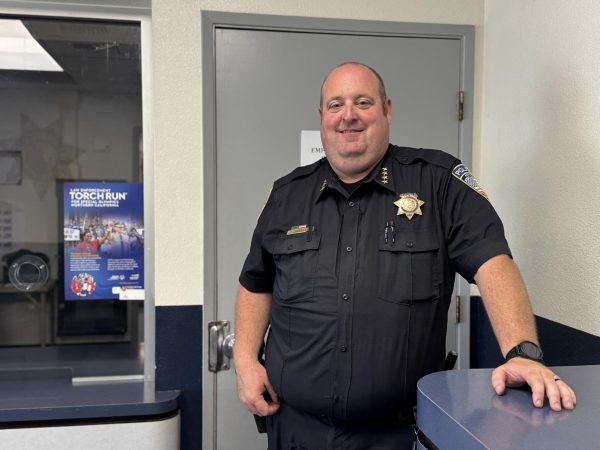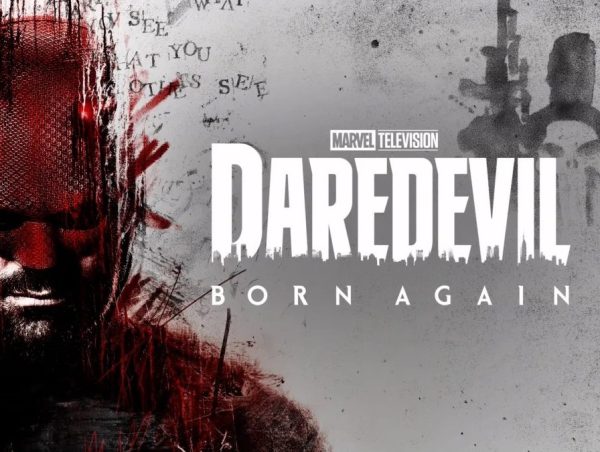Black History Month: Underrepresented?
As the month of February comes to an end, it is important that we ask ourselves whether College of the Sequoias (or even Tulare County) did enough to celebrate the African American community.
College of the Sequoias has roughly 12,000 students; less than 3% of those students identify as Black or African American. While the city of Visalia has a population of roughly 134,000 people and, still, only less than 3% of people identified as Black or African American.
That is a staggering ratio.
Simply put, Visalia and COS do not do enough to celebrate Black History Month.
One can argue that much less Black people live in Visalia than, say, Hispanic people, that we should not make such a big deal out of February.
That is an incredibly archaic opinion.
In some way or another, African-Americans have contributed to benefit other minorities living in the US, like Hispanic people. For example, Brown v. Board of Education ruled that segregation in schools was unconstitutional, which also benefited Latino children.
As February nears its end, only one campus wide event was put on: Black Heritage Celebration. This celebration was held in the Visalia Quad on Thursday, February 27th and was hosted by EOPS (Extended Opportunity Programs and Services) and A2MEND ( African American Male Education Network and Development). To their credit, EOPS and A2MEND did an amazing job of unifying students. From the drum circle to the amazing food, fashion, and poetry, but more events should be put on throughout the year.
The same should be said for the city of Visalia. There are an abundance of Black people here in Visalia that should be highlighted. From teachers to professors, nurses to doctors, athletes, students; their stories deserve to be heard. As allies, we must amplify their voices by standing back and listening and letting them take the stage.
Black Americans are the epitome of tenacity. Their history is one of unbelievable strength; fighting centuries of brutal discrimination and while they are an enormous part of the fabric of the United States, they are our literal neighbors and they deserve to be celebrated.
Black history matters as much today as it did when Martin Luther King, Jr. walked on Washington and immortalized his “I Have A Dream” speech . It matters as much today as it did when Jackie Robinson broke the color barrier in baseball. It matters as much today as it did when Barack Obama became the first black president of the United States. Black history will matter tomorrow as much as it matters today, if not more.




